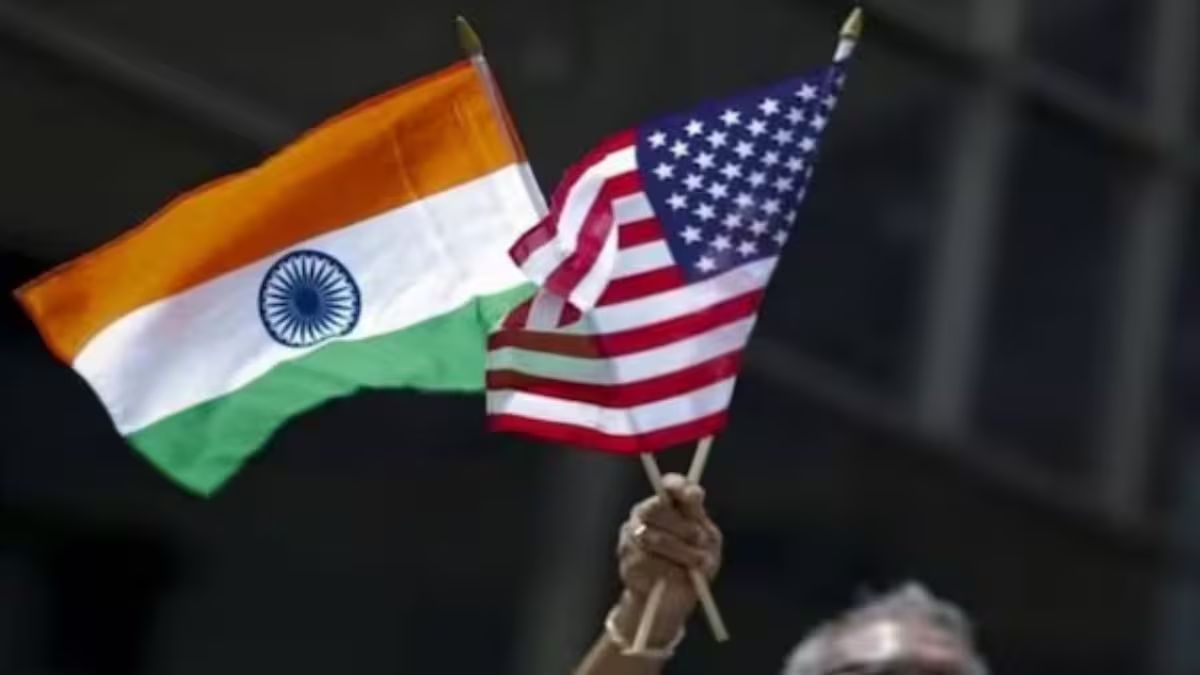US Treasury Secretary Scott Bessent has stated that he anticipates India to be the first to secure a bilateral trade deal to avoid President Donald Trump’s reciprocal tariffs.
Presently, India faces a 10 per cent tariff under the existing policy, similar to other countries. The 26 per cent ‘reciprocal’ tariff on Indian exports to the US that the Trump administration previously announced is currently on a 90-day pause, set to expire on July.
Bessent mentioned to about a dozen reporters on Wednesday (April 23) that trade discussions with India are “very close” to reaching a successful conclusion because India, the world’s most populous nation, doesn’t have “so many high tariffs.” He highlighted India’s fewer non-tariff trade barriers, no currency manipulation, and minimal government subsidies, making it easier to finalise a deal with India.
Last week, a report had said that the White House expects trade deals with India and UK within 2-3 weeks.
Claudio Irigoyen, the Head of global economics, Bank of America Global Research, said, “There will be some trade deals that will come faster than the China one, probably Japan, probably India. India will be a perfect example of a comprehensive trade deal involving defence, energy, and trade. And I think this administration needs to show quick wins.”
President Trump has urged other nations to dismantle their tariffs and non-tariff barriers on American goods and eliminate US trade deficits, as reported by the New York Post.
Impact Shorts
More ShortsOn Tuesday (April 22), US Vice President JD Vance, speaking in Jaipur, encouraged India to remove non-tariff barriers, provide greater market access, and purchase more American energy and military hardware, outlining a broader plan for deeper ties between the two countries aimed at a “prosperous and peaceful” 21st century.
The New York Post cited Census Bureau data indicating that India accounted for nearly 3 percent of imported goods to the US as of February. The US had a $45.7 billion trade deficit with India in 2024, according to the Office of the US Trade Representative.
With inputs from PTI


)

)
)
)
)
)
)
)
)



